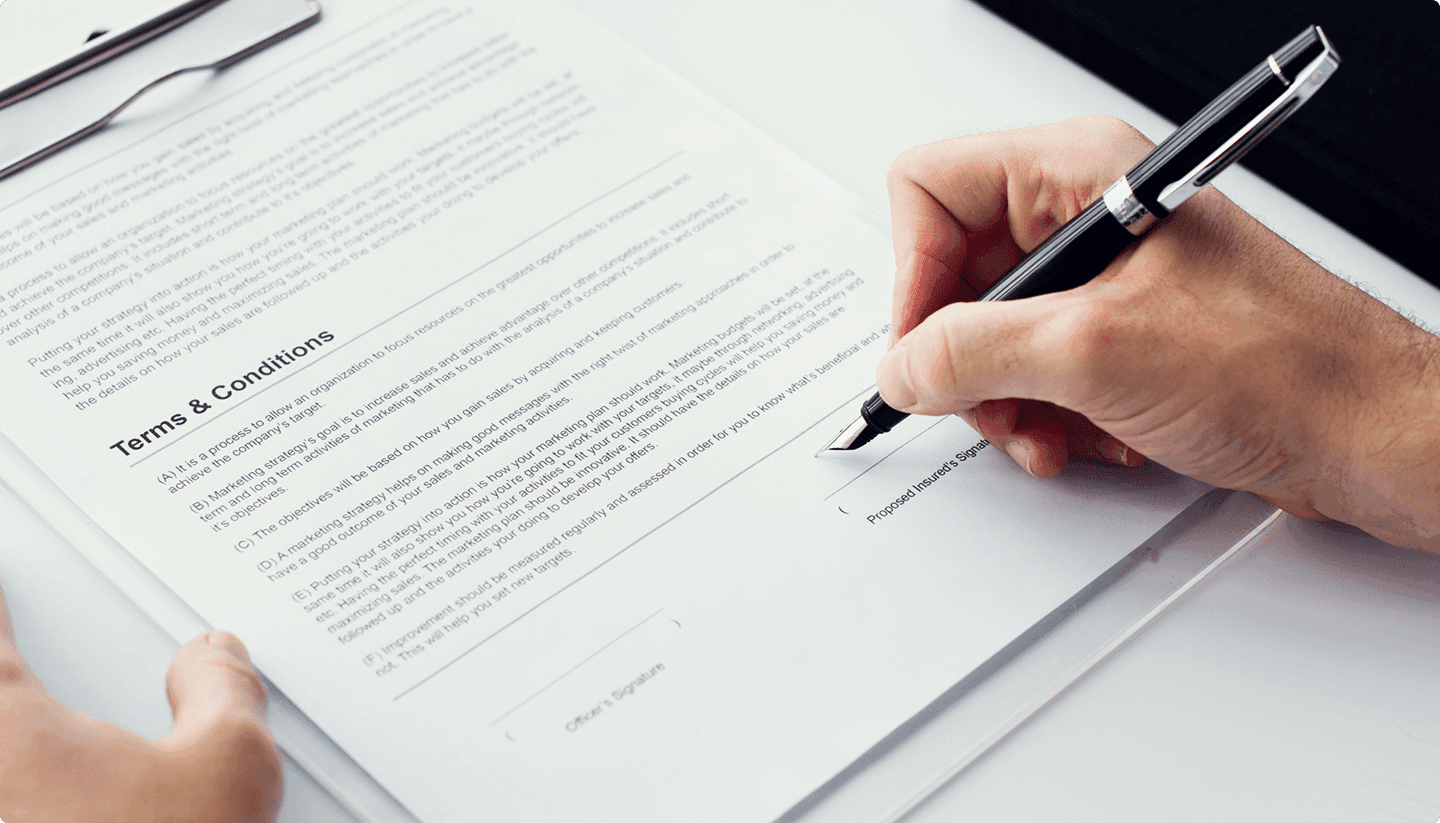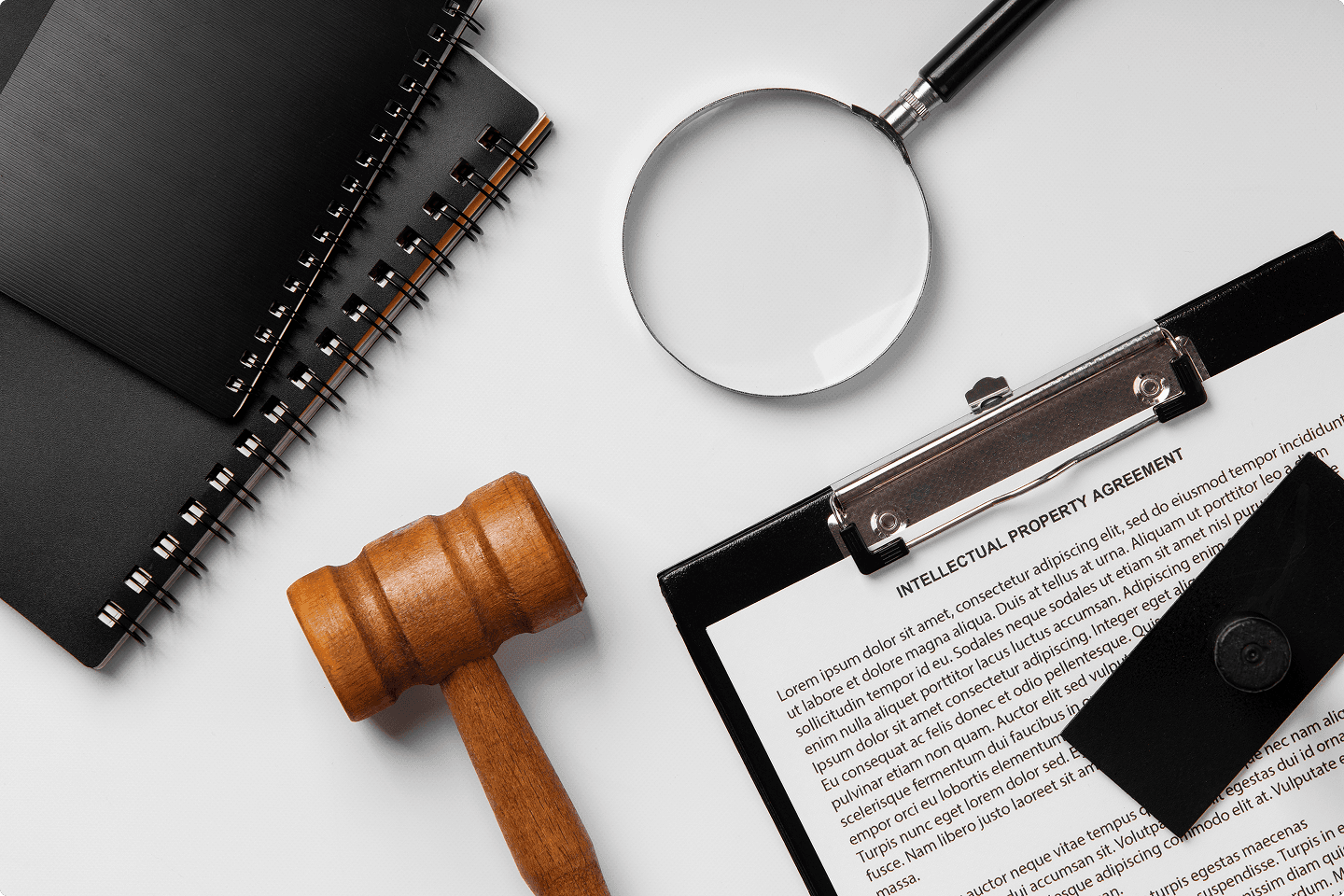Introduction
In 2025, a professional website is only credible if it is attractive, efficient… and compliant with legal requirements. Users are more informed and naturally check if your legal notice is available, if your privacy policy is clear, and if your cookie banner respects their choices. At the same time, audits by the CNIL (France’s data protection authority) have intensified, and financial penalties can be heavy. Some SMEs have received fines of tens of thousands of euros for seemingly minor omissions.
This article aims to remind you of the mandatory pages every professional website must display and explain why they should not be treated as secondary paperwork. Behind every legal requirement lies an issue of trust, transparency, and credibility. Let’s look at what your website must include and how to avoid the most common mistakes.
Legal notice: a universal requirement
It doesn’t matter if your site sells products, presents services, or serves purely as a showcase: a legal notice is mandatory. It allows any visitor to know who operates the site and how to contact them.
For a company, it must include the business name, legal structure, share capital, SIREN or SIRET number, registered office address, as well as the name of the publishing director and the hosting provider. For sole proprietors, the information is simpler but just as essential: full name, address, registration number, and contact details.
In regulated industries, additional details are required: professional registration number, authorization to practice, or specific insurance. Many websites neglect these details and risk warnings or penalties.
Terms of Use: framing how your site is used
Terms of Use (TOU) are not strictly mandatory, but not having them is a real weakness. They set the legal framework between you and your users. They define access conditions, rights and obligations, liability limits in case of technical errors, and moderation rules if interactive areas exist.
If you offer a member area, downloads, or a newsletter, TOU become essential. They help prevent abuse, outline your obligations, and anticipate disputes. Even for a simple showcase site, TOU add a layer of professionalism, especially with increasingly cautious clients.
Privacy policy: GDPR requirements
Since 2018, GDPR has made transparency in data processing mandatory. In 2025, this is a non-negotiable prerequisite: a site without a clear privacy policy immediately looks suspicious.
This page must state which data is collected (forms, cookies, registrations), for what purpose, how long it is stored, and how it is secured. It should also explain user rights: access, modification, deletion, portability, and how to exercise them (often via a dedicated email address). Be careful with copy-paste templates: a generic text full of jargon protects neither your business nor your users. A solid privacy policy must be tailored to your tools, services, and actual practices.

Cookies: clear consent rules
In recent years, the CNIL has strongly emphasized cookie and tracker compliance. Today, users must be able to refuse just as easily as they accept. This requires a clear banner with visible, understandable buttons.
You can no longer use vague messages like “By continuing to browse, you accept…”. Consent must be explicit and demonstrable. In practice, this means nothing should be installed until the user validates their choice.
Two key points to remember:
- no non-essential cookies may be set before consent,
- options must be balanced and readable, without pressuring the user to accept.
A consent management platform (CMP) is recommended to automate compliance and avoid oversights.
Accessibility: where and how to display this information
The law requires legal pages to be permanently accessible from every section of your site. Best practice is to place clear links in the footer: “Legal Notice,” “Privacy Policy,” “Terms of Use.”
Avoid ambiguous labels or hidden links. Users should be able to identify these pages at a glance. You can also reference your privacy policy in contact forms, sign-up processes, or checkout flows, often via a checkbox or direct link. This isn’t just a legal requirement: reassured users are more likely to share their details or complete a purchase.
Penalties for non-compliance
Ignoring these obligations is not trivial. Fines can be severe: up to €20 million or 4% of global turnover for serious GDPR breaches. While these amounts mainly target large corporations, SMEs are not exempt. The CNIL regularly publishes warnings against local businesses.
Beyond financial penalties, a non-compliant site loses credibility. Users are more vigilant, and even a small doubt can push them toward competitors. In B2B, a legally incomplete site can be enough to derail a negotiation.

Common mistakes to avoid
Many websites still fall into the same traps. Some copy a competitor’s legal notice without adapting essential details like the address or hosting provider. Others create a privacy policy page but fail to link it anywhere on the site. Cookie policies are sometimes deliberately opaque, not explaining what trackers are used for. And updates are too often forgotten: legal pages must evolve with your business, tools, and practices.
Conclusion: compliance and credibility go hand in hand
Updating your legal notice, TOU, and privacy policy is not just a box-ticking exercise. It is a process that protects your company legally, but more importantly, reassures visitors and strengthens trust. In 2025, transparency is a key value in professional websites. Users want to know who you are, how you handle their data, and what rules govern their use of your site. The clearer and more accessible your legal pages, the more credibility your site gains.
Check your obligations today. It’s better to spend an hour fixing your pages than to discover shortcomings during an audit. Compliance is not just an obligation: it’s a mark of professionalism.





